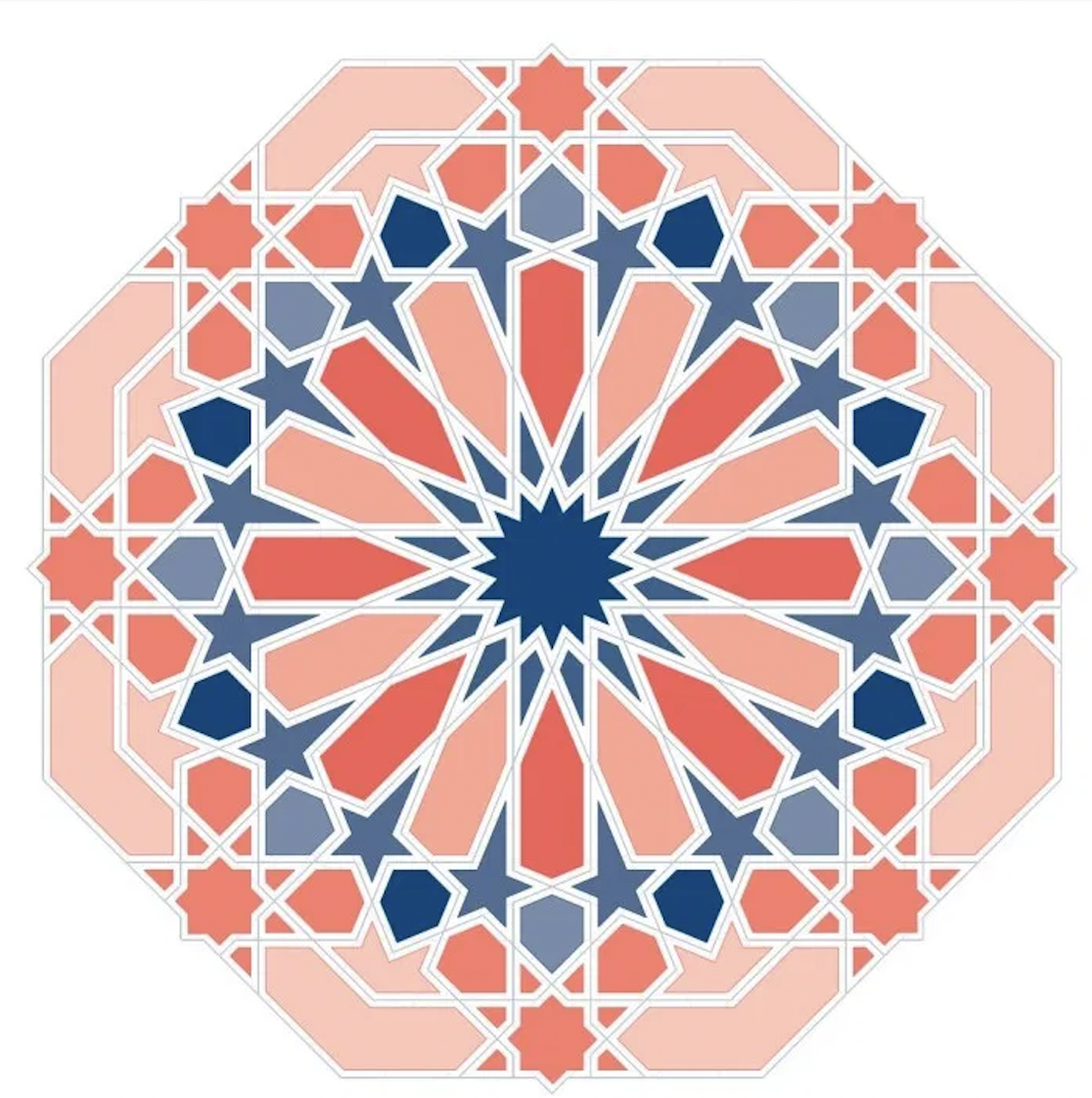Lord Macaulay and the Colonisation of Indian Education
Lord Thomas Babington Macaulay, born in 1800, arrived in India in 1834 determined to “reform” its education system by imposing a British model. He viewed Indian knowledge and culture as backward and sought to replace it with European ideals drawn from the Renaissance, Scientific Revolution, and Enlightenment—ironically all influenced by earlier Muslim intellectual traditions.
Macaulay’s vision culminated in the English Education Act of 1835, which made English the official language of government, law, and instruction—displacing Persian, the previous official language.
But Macaulay’s agenda was never about equality. He wanted Indians to be better servants of empire, not equals. As Shashi Tharoor quotes in Inglorious Empire: “We must do our best to form a class who may be interpreters between us and the millions whom we govern; a class of persons, Indian in blood and colour, but English in taste, in opinions, in morals and in intellect.”
This was colonial control disguised as education. By making Indians value English education and devalue their own intellectual traditions, the British ensured continued dominance—not just politically, but mentally.
Tharoor notes the lingering legacy: English-speaking Indians are still mocked as “Macaulay-putras”—“sons of Macaulay”—by those wary of this colonial mindset.
Macaulay once claimed, “a single shelf of a good European library was worth the whole native literature of India and Arabia,” yet he openly admitted he hadn’t read a single Indian or Arabic text.
In truth, India was a multilingual, intellectual powerhouse with remarkable achievements in mathematics, science, and philosophy—envied by much of the world. Yet British colonialism successfully reframed this legacy as primitive, turning the colonised into people who questioned their own civilisational worth.
“We must do our best to form a class who may be interpreters between us and the millions whom we govern; a class of persons, Indian in blood and colour, but English in taste, in opinions, in morals and in intellect.”

